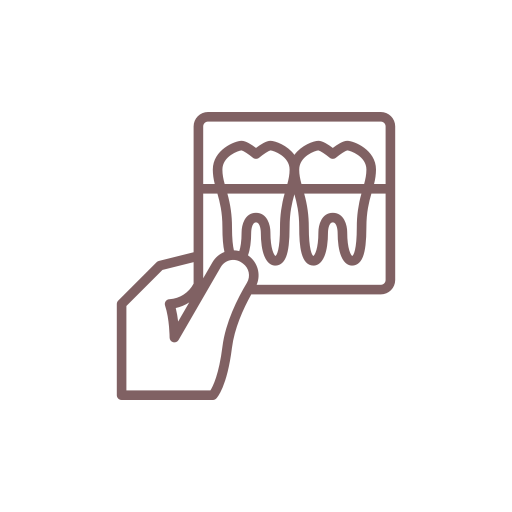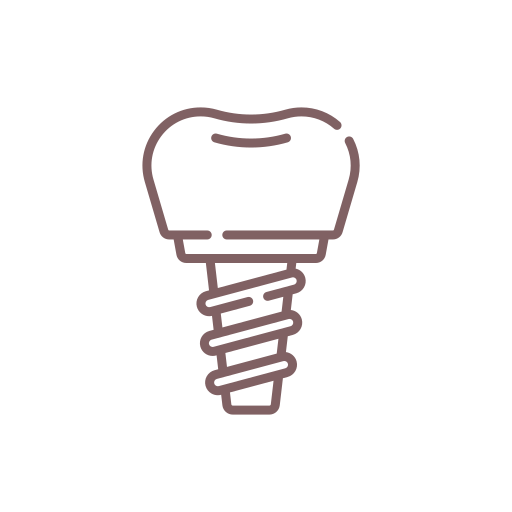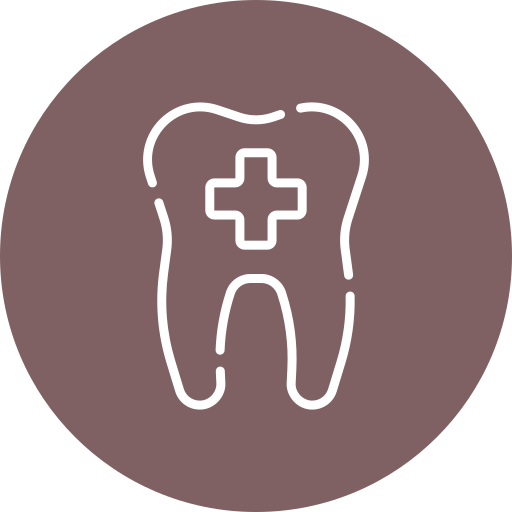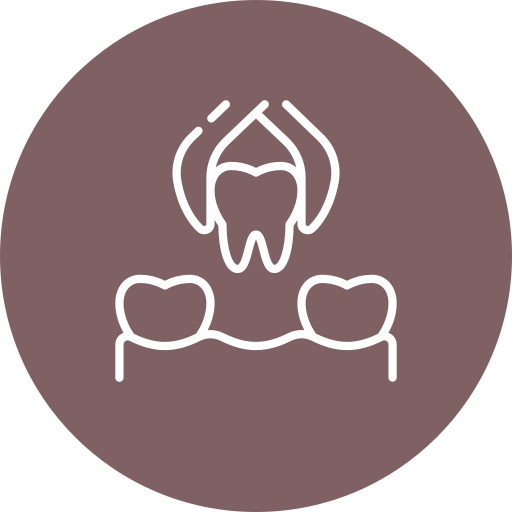



Dental Implants are suitable for most people who want to replace a single tooth or several missing teeth.
However, for the implants to be successful, you would need to consider your overall oral and physical health.

Trauma/ Injury
Unfortunate accidents happen. A forceful impact to the mouth can result in tooth fractures or dislodgement. Dental implants provide an excellent solution for replacing lost teeth.

Tooth Decay
Tooth decay may go unnoticed until it reaches an advanced stage. Pain might not manifest until the decay affects the nerve. In instances of extensive decay where preserving the tooth is no longer feasible, replacing it with a dental implant can be the optimal solution.

Gum Disease
Affects the gums and the bones supporting the tooth. Often causing loosening and subsequent loss of tooth. Dental implant is often used to replace teeth lost through gum disease after a comprehensive treatment to control this disease.

Cracked tooth
Commonly seen in our modern stressful society due to increased clenching and grinding (bruxism). A badly cracked tooth is a structurally compromised tooth often cannot be restored fully and will require extraction. A dental implant is an excellent way to replace cracked teeth.

Rotten Teeth/ Failed Root Canal Treated Teeth
Root canal treated teeth can fail after a certain amount of time. There is usually no severe pain but they present with persistent infections in the gum and bone. This appears like a pimple on the gum with discharging pus. Persistent infection tends to cause further loss of bone. It is wise to remove these infected teeth and replace them with a dental implant.
Dental implants are artificial tooth roots that are surgically placed into the jawbone to support replacement teeth. They serve as a stable foundation for these artificial teeth and are a long-term solution for missing teeth.
Dental implant placement is a surgical procedure that involves several steps and typically requires multiple visits to your dentist. Here’s an overview of how dental implants are done:
The process begins with an initial consultation with our dentist. During this consultation, your oral health is assessed, and your medical history is reviewed to determine if you are a suitable candidate for dental implants. X-rays and, in some cases, 3D imaging may be taken to assess the condition of your jawbone and the positioning of adjacent teeth.
Then, a personalised treatment plan is created for you. This plan includes details such as the number of implants needed and the location of the implants.
X-ray will be taken at this point.
On the day of the surgery, you will receive local anaesthesia to numb the area where the implant will be placed. If necessary, you may also be given sedation for your comfort. The oral surgeon or dentist will make an incision in the gum tissue and then drill a hole into the bone. An implant post is then placed into the hole. The gum tissue is sutured closed over the implant. In some cases, a healing cap may be attached to the implant at this stage.
Bone graft might be needed. Need doctor to assess.
After the implant placement, there is a healing period that typically lasts several months. During this time, a process called osseointegration occurs, where the implant fuses with the surrounding jawbone, providing stability and support for the eventual prosthetic tooth.
Once osseointegration is complete, you will undergo a second, smaller surgical procedure, where a connector piece called an abutment is placed on the top of the tooth implant, ensuring a seamless tooth replacement. This abutment will serve as the anchor for the prosthetic tooth.
After the abutment placement, your dentist will take impressions of your teeth and gums to create custom-made prosthetic teeth. This prosthetic is designed to match the colour, shape, and size of your natural teeth. Once it is ready, it is securely attached to the abutment.
Your dentist will make final adjustments to ensure that your new prosthetic teeth fit comfortably and function properly. This may involve checking your bite and making any necessary refinements.
Regular follow-up appointments are essential to monitor the healing process, ensure the stability of the implant, and address any concerns or issues that may arise.


We use porcelain dental implants therefore it look like natural teeth

With proper care and maintenance, dental implants can last a lifetime.

Implants are stable, allowing you to chew and talk normally

Implants prevent bones loss that can occur when missing teeth cause deterioration to surrounding teeth

Caring for implants is similar to caring for normal teeth
The best way to determine if dental implants are suitable for you is to schedule a consultation with a dentist. Our doctors are ready to help. We’ll go through your dental concerns and assess your overall health, before making recommendations.
With proper care and maintenance, dental implants can last a lifetime. They are known for their durability and longevity.
During the implant placement procedure, local anaesthesia is typically used to numb the area, so you should not feel pain. Some patients may also choose sedation options for added comfort.
The entire dental implant process can take several months to a year, including the healing period and final prosthetic placement. The timeline varies based on individual factors and treatment complexity.
Dental implants are generally safe when performed by qualified dental professionals. Complications are rare and can be reduced by discussing with your dentist your oral and physical health.
Yes, dental implants allow you to eat a wide variety of foods without restrictions. They provide stability and function similar to natural teeth.
No, dental implants are not typically noticeable to others. The prosthetic teeth attached to the implants are custom-designed to match the appearance of your natural teeth.
At Orchard Scotts Dental, we believe in comprehensive, holistic solutions for your dental concerns. We prioritise your comfort during treatment. That’s why our treatment methodologies are designed to minimise pain and get you back to living your daily life as quickly as possible.
Neodent is another system we use which is known for their prosthetic versatility when it comes to full arch restorations (eg. All on X solutions with their NeoArch® system )
Both systems are carried by the Straumann dental group.
Technology (Intra-oral 3D scanners and cone beam 3D x-ray).
To help ensure that the dental implant is placed at the correct angle and position.
Implant placed at an incorrect angle /position has more likelihood of failure and complications in the future.

Clinical Director

Principal Dentist


Associate Dentist
Getting implants can be a fresh start but it requires treatment over months. That’s why we make sure that you are guided from the consultation stage to the procedure stage and, finally, to the aftercare stage. Make an appointment with us today!